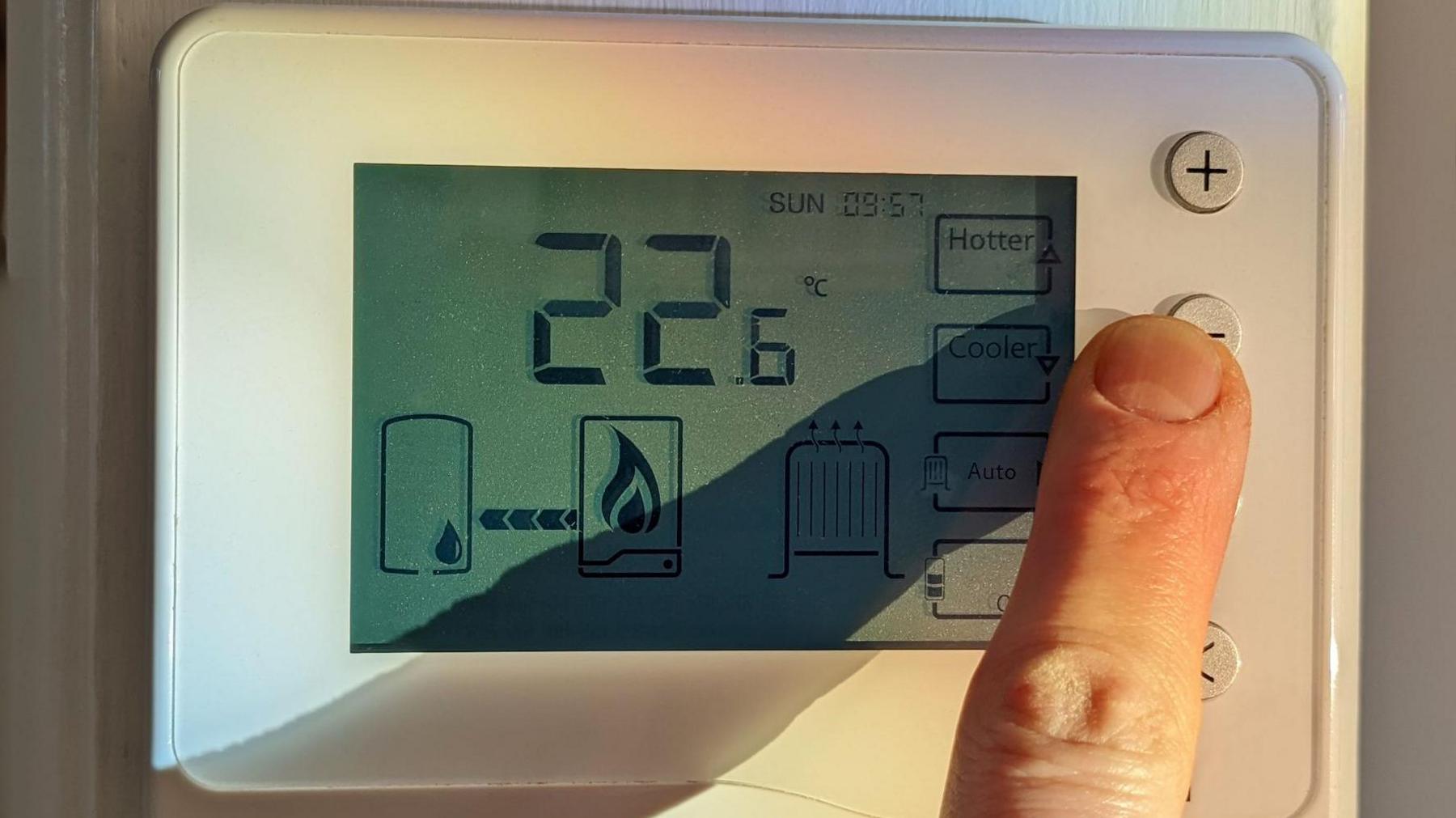New Britain and Ireland electricity links approved

The projects will add between £2 to £5 a year to consumer electricity bills in GB
- Published
Great Britain's energy regulator, Ofgem, has given the go ahead for two new electricity links between Britain and the island of Ireland.
One project will link Scotland and Northern Ireland, while the second will be between Wales and the Republic of Ireland.
Ofgem had initially rejected the projects over concerns about costs to consumers in Great Britain.
However, its final decision said that was outweighed by improving security of supply.
Akshay Kaul, director general for infrastructure at Ofgem, said: “We’ve carefully assessed all the proposed projects and only approved those ones which deliver for consumers in terms of value, viability and energy security."
Costs to be added to GB bills
Ofgem has approved a total of five interconnection projects which it said will add between £2 to £5 a year on individual consumer electricity bills in Great Britain over the years 2030 to 2055.
The approval means the projects qualify for Ofgem’s 'cap and floor’ regime, which provides a guarantee of how much money they will make.
It gives the developers a minimum return (floor) and a limit on the potential upside (cap) for a 25-year period.
The Scotland-Northern Ireland link, known as LirlC, is being developed by Transmission Investment.
It said the project will provide up to 700 MW of capacity between the Irish Single Electricity Market and the Great Britain wholesale electricity market.
Both projects still face further regulatory and planning hurdles but the Ofgem approval makes them likely to happen.
An existing 500 MW interconnector between Scotland and Northern Ireland has been operated by Mutual Energy since 2001.
A second 500 MW link between the Republic and Wales, known as Greenlink, is due to be operational shortly.
Keith Morrison, Project Director for LirIC, said: “Transmission Investment are pleased with Ofgem’s announcement today and its recognition of the benefits that LirIC will bring to consumers in Great Britain and Northern Ireland.
“In the coming months we anticipate more important milestones including the completion of further regulatory licencing requirements.”
Related topics
- Published3 September 2024

- Published6 October 2024

- Published9 May 2024
